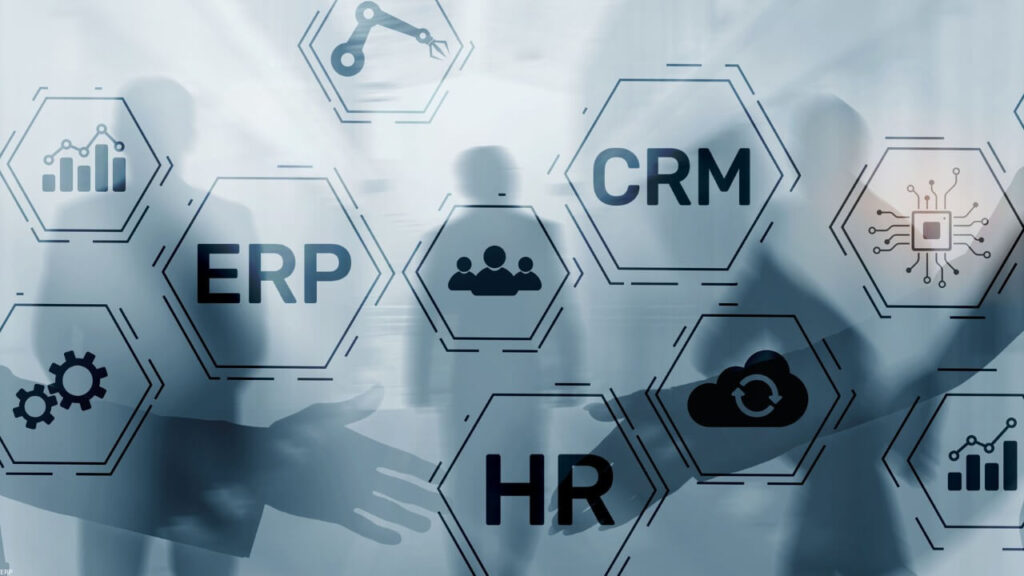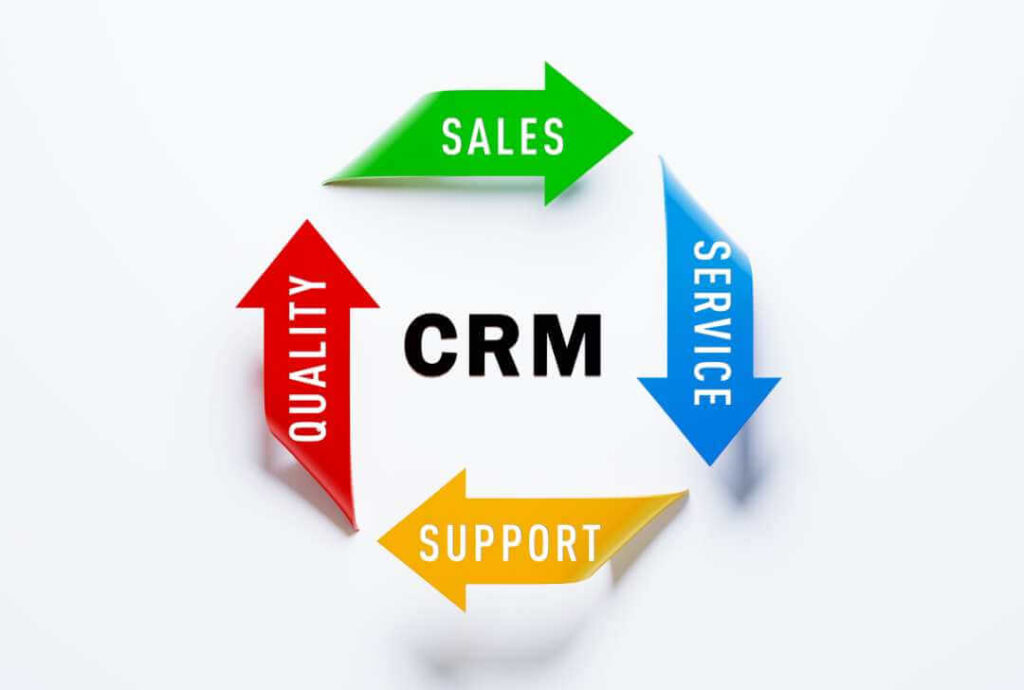Enterprise Resource Development (ERP) software is created and updated by an ERP developers. Their role entails creating reports using employee data, modifying software system components, improving the user interface and efficiency of the ERP software, and revising quality system guidelines. The COVID-19 pandemic has shown us that going digital is not only essential, but also not a choice anymore. You may get there by picking the proper ERP that meets your business’s needs and maximises your investment’s returns.
The strong collaboration between the ERP developers and vendor is necessary because ERP systems are sophisticated. The price of integration and variable employee adherence to ERP protocols are two of the most prevalent pain points inside an ERP system. Look around for the best supplier to locate the ideal price range and a tool that is simple for your team to use in order to compete with issues. The well-known ERP providers are Microsoft, Odoo, Oracle and SAP.
What is at the heart of any ERP system – peculiar characteristics

Enterprise resource planning is known as ERP are intended to assist businesses with their financial, accounting, supply-chain, human resource, and other needs. Small and medium-sized businesses irrespective of their sizes, use them to integrate their processes. These systems can aid a company in being more productive, cost-effective, time saving and profitable.
A competent ERP implementation can also lower the potential for fraudulent practices and enhance the company’s operations my maintaining transparency. A strong ERP system is adaptable, agile, and robust enough to change with the needs of the market and customers. You can start by implementing certain applications that make sense right away, and as your organisation expands, you can add on applications as required.
Optimize the system to manage your inventories: The lifecycle of a product starts during the production phase and ends when it is delivered to the customer. To track and scrutinise the products and raw materials, you require an inventory system. ERP software developers a resources management solution that balances production with consumer demand. It lessens occurrences of limited inventory and aids in preventing wastage of resources.
Exponential Growth: The ability to solve intricate expansion challenges is a hallmark of a reliable ERP system. An ERP system can assist a business in identifying market prospects, be it local or international. The result might be a multinational workforce, operations overseas, and suppliers.
Real-time visibility across the organisation: Product manufacturing company leaders require real-time updates from all business divisions. Such utilities are only available from cutting-edge ERP systems. Every step in the workflow management process can gain from real-time data transfer, data integrity, data security, and efficient business communications, to name a few. As a result, all aspects of the production process can be accurately viewed by partners, suppliers, and employees.
Acquire business intelligence :The many business units communicate with one another continuously because of ERP systems. This data is available at all times to members and management. Senior managers learn vital market information through analysing data the in system.
Modern ERP systems have the ability to gather, analyse, control, and update vital company data. They can also provide the management of the manufacturing company with regular updates and reports, enabling management to take excellent business decisions.
Minimized interruption: Any production line that has downtimes may develop jams. Efficiency will be affected, and these bottlenecks will cause unneeded delays. By monitoring unplanned downtime, you may remove the barriers. You can improve worker shifts and unit workloads by conducting production planning with an ERP.
Characteristics of ERP
Modules: Manufacturing, financing, bookkeeping, and logistics are just a few examples of the several business modules that are included in an ERP system’s modular design. Each module manages several responsibilities for a specific division or department inside the company.
Even though these modules are independent, the ERP system integrates them to provide for a streamlined exchange of data and information amongst all modules. In the end, this will boost the level of integrity that the common interface supports. These distinct modules each have online and batch processing capabilities and operate in real-time.
Centralized Database: One key feature of a successful ERP system is the implementation of a common, unified database management system, or DBMS. Data input mistakes and other drawbacks of using a distributed database are reduced because all data is entered, saved, and used by all departments at the same time.
Open Database: Since organizations are typically dynamic in nature, ERP systems provide adaptability in order to adjust to the shifting needs of the business. These systems can install or remove any module as needed without affecting the other modules because to their open system framework.
Automatic Information Output: An ERP system offers business intelligence capabilities like executive information systems, decision support systems, simple warning systems, and more. These technologies aid manufacturing companies in making data-driven decisions on their overall production process.
What is Cloud ERP and On Premises ERP systems?

Enterprise resource planning (ERP) software known as Cloud ERP runs in a provider’s cloud computing platform instead of on-site in a company’s own data centre. ERP is a generic software system created to unite many business operations inside an organisation, including purchasing, inventory management, finance, accounting, marketing and human resources.
ERP software hosted in the cloud also includes availability, backup, and crash recovery guarantees that reduce application disruptions. Additionally, it may have a reduced total cost of ownership as the user base expands.
On-premise enterprise resource planning (on-premise ERP) represents a company’s option to purchase ERP software internally and manage it on-site as compared to ordering online or using distributor, managed ERP solutions. The primary assumption is that on-premise ERP solutions might permit internal IT staff to change and enhance the software or adapt it for specific business needs, in contrast to hosted or cloud systems that frequently do not permit client users to enhance or alter the application in significant ways.
ERP functions of Odoo and Microsoft Dynamics 365
Odoo: Businesses using Odoo may create fully integrated websites without turning to external platforms or additional linking software. Odoo thus supports each business’ individuality. Compared to other ERP systems on the market, all of this may be accomplished for a relatively low price.Odoo excels due to its versatility, adaptability, and affordability as businesses must consider the potential ROI before deploying an ERP system. The cooperation between Sygmetiv and Odoo guarantees that your projects are designed for simple customization.
Microsoft Dynamics 365: The most useful ERP system available at the moment now is unquestionably D365. As a user-friendly software solution, it enables constant access on any gadget, simple customization, smooth integration with CRM, reduction of technical costs, and increased general productivity.
Microsoft has established themselves as a prominent innovator in the field of contemporary, cloud-based ERP. They provide perhaps the most cutting-edge ERP available on the current market. Dynamics 365 ensures a user-friendly platform, one that is economical and effective, and an ERP that is thoroughly updated. Microsoft has developed such a modernized ERP that it has swept the globe.
How Sygmetiv comes in help?
Although there are many various kinds of ERP software systems available, Sygmetiv’s is made to assist businesses in automating their operations. An ERP system can aid a business in having a better grasp of its digital services and how to run more effectively, which is one of its major strengths. This is so because Sygmetiv’s ERP service is made to aid firms in monitoring of all the data required to manage their operations.
You should take Odoo into into consideration when assessing software for small and medium-sized businesses because it is a reasonable ERP solution unlike expensive high-end systems like SAP or Oracle ERP. Odoo ERP systems can be easily customised and are adaptable.
They can be created to meet the needs of your company. Inventory, financial, and resource management are all part of this. A greater grasp of how to increase overall efficiency, which could lead to a more successful transaction, will be made possible for firms by the Sygmetiv’s ERP service.


